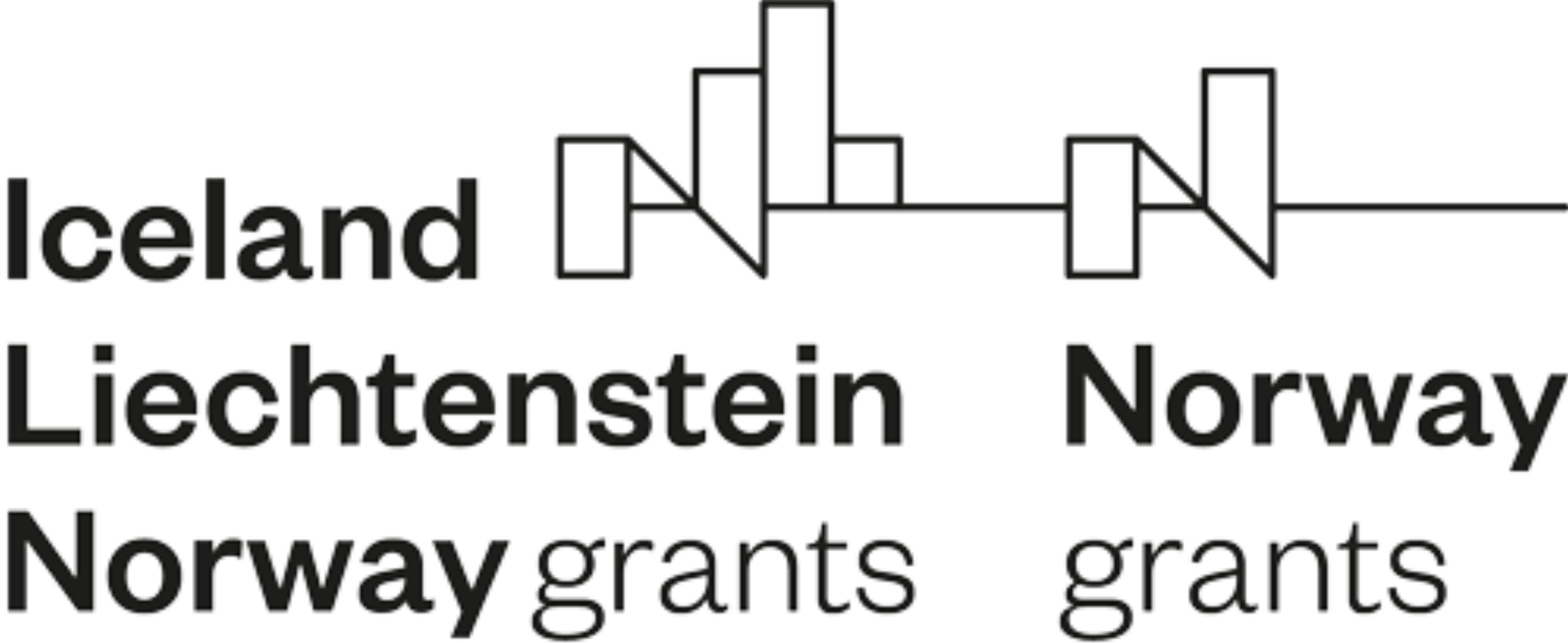Fagforbundet Shares Crucial Pandemic Insights with Polish Sister Alliance
 © Nina Monsen
© Nina MonsenMichalska leads the collaborative project "Social Dialogue and Decent Work" between the Trade Union and the Polish Union for Health and Social Workers, FZZPOZiPS, where she previously served as union leader.
"Norway was poorly prepared for a pandemic and had insufficient capacity for intensive healthcare measures. The pressure on healthcare sector employees was enormous" says Holberg Frey. He adds that Norway still managed well through the pandemic, mainly due to tripartite cooperation, a strong healthcare sector, and high societal trust. Holberg Frey opened a conference in Warsaw in August organized by the project.
The project, which started in 2020, was marked by the pandemic. Conferences and exchanges of experience had to move onto digital platforms, and the pandemic became a central theme for the project.
Heavily Affected
FZZPOZiPS represents around 13,000 members, including those working in hospitals, ambulance services, social assistance, and home nursing care. Members of the health and social union were heavily affected by the pandemic. According to Michalska, Poland is among the top 20 countries in the world in terms of COVID-related deaths.
"People in the healthcare sector don't work at spas, they work to save lives," says Michalska.
She describes how healthcare workers, in addition to saving lives, also had to take the place of close family members, comforting and holding the dying, and calls for more measures focused on mental health for healthcare employees.
Losing Healthcare Personnel
Poland's healthcare sector is characterized by low funding and healthcare personnel leaving the country over the past 20 years. According to the OECD, Poland is among the EU countries with the lowest number of doctors per capita. The country has only five nurses per 1000 inhabitants.
The contrast with the Norwegian healthcare system is significant. In Norway, we have 18 nurses per thousand inhabitants. However, Holberg Frey and Egseth recognize several challenges presented by the Polish representatives in the project.
"Challenges with recruitment, outsourcing, and low staffing are common in Norway and Poland, but for our Polish union colleagues, the challenges are probably greater than ours," says Holberg Frey.
The exchange between FZZPOZiPS and the Trade Union is part of the EEA program "Social Dialogue and Decent Work," which is based on experience sharing and cooperation between the social partners in the participating countries. The goal of the program is to strengthen social dialogue in the workplace and tripartite cooperation between employers, trade unions, and authorities in the participating countries. The program is administered by Innovation Norway and funded by EEA grants.
Trust Must Be Built in Peacetime
Bjørn Pettersen from the Restructuring Unit also contributed to the conference in Warsaw. He emphasized how the trust reform and the committee tasked with phasing out commercial actors from welfare services are, among other things, a result of many years of professional-political cooperation and social dialogue.
"Today, we have a government whose political platform includes strengthening social dialogue in the municipal and state sectors. Cooperation and trust must be built in peacetime for it to work in a crisis, such as a pandemic or economic crisis," says Pettersen.
According to Michalska, learning how cooperation benefits all parties in Norway has been useful. Cooperation is a tool for achieving decent work for all.
"Don't wait until the wolf is at the door to start negotiations. That has become our slogan and one of the most important things we've learned in this project," concludes Michalska.
FZZPOZiPS has produced a film about the project in English and Polish.
This text was written in Norwegian by Nina Monsen, from Fagforbundet. The original text can be read here.
About the Social Dialogue and Decent Work Programme
This project is part of the Social Dialogue and Decent Work Programme. The Social Dialogue and Decent Work Programme for period 2014-2021 under the Norway Grants has funded 92 projects as a result of four rounds of calls in 12 Beneficiary States. The objective of the Programme is strengthened tripartite cooperation between employer organisations, trade unions and public authorities and the promotion of decent work.
